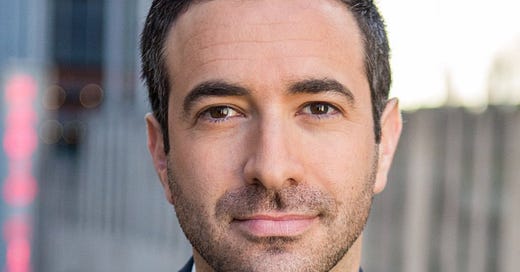The world’s richest man gets more power
It’s about power, but they want you debating “free speech”
Hi, Ari here, and while I’m off The Beat this week for vacation, I still wanted to share some thoughts about power, technology and Elon Musk’s acquisition of Twitter. As someone who spent years practicing First Amendment law, some of the recent debate has been really interesting.
And you can always subscribe here to receive all my newsletter entries:
Keep reading with a 7-day free trial
Subscribe to Ari Melber to keep reading this post and get 7 days of free access to the full post archives.



